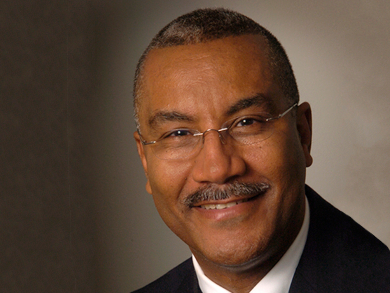Research is taking on a more international character, and international collaborations are providing a great deal of opportunities for research because of the transfer of skills that occurs. In fact, it has been shown that publications with co-authors from different countries are more highly cited.
In his Editorial in Angewandte Chemie, Joseph S. Francisco, Dean of the College of Arts and Sciences at the University of Nebraska-Lincoln, USA, as well as former President of the American Chemical Society (ACS), and member of the International Advisory Board of the Alexander von Humboldt Foundation, recounts his experiences in international collaborations.
Professor Francisco outlines the benefits, such as higher visibility, and use of facilities and instruments that would otherwise not be available. He also describes the obstacles that get in the way of international collaborations, such as lack of institutional support or cultural differences. Francisco finishes by pointing out that international collaborations advance knowledge by bringing together the wide range of knowledge dispersed across the globe.
- Global Scientific Collaborations: A Key to Scientific Success,
Joseph S. Francisco,
Angew. Chem. Int. Ed. 2015.
DOI: 10.1002/anie.201505267



